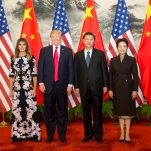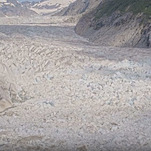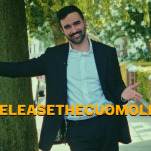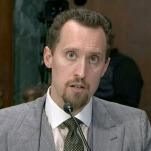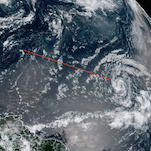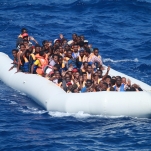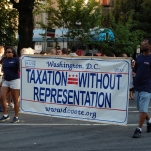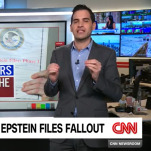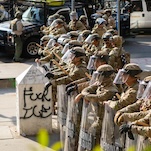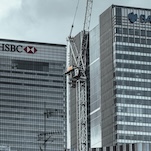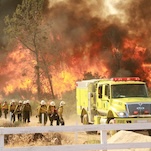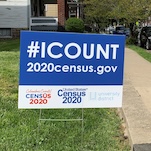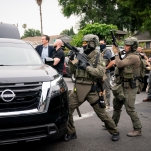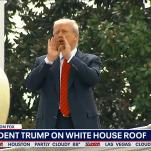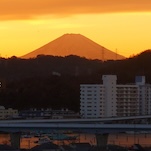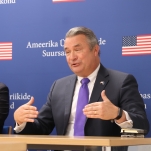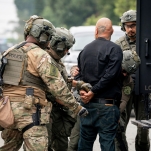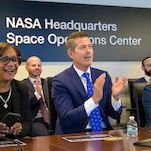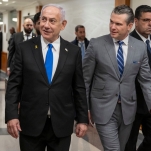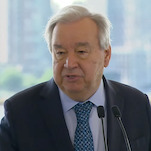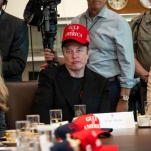Is This Theme Park Capitalism For Kids Or Edutainment?
When Mara Quintara was 7 years old she had a very interesting day. She started by checking into an airport terminal, and then spent two hours rock climbing. Once she was tired of this, she went to the sushi kitchen and carefully rolled out rice to make neat sushi rolls, which she ate for lunch. Then she went to train at the firehouse, where she practiced sliding down the fireman’s pole. During this time the local supermarket called in an emergency! Mara took the fire truck to the supermarket and dealt with the situation. Once the fire was under control, she was paid in the local currency and left.
She kind of had to go. Her mother had picked her up from KidZania, and Mara told her all about the different careers she had tried. KidZania isn’t some strange communist training camp. It’s actually an amusement park that lets children learn how to function in an adult world, by holding a job, paying taxes and earning your crust. Many of the “jobs” available are actually sponsored by local establishments, including American Airlines and Wal-Mart.
There are currently 15 KidZania’s across the globe, in places as far as Seoul, Cairo and Mumbai. Founded in 1999 by Mexican entrepreneur Xavier López Ancon, (originally called La Ciudad de los Niños) the concept was to allow for an amusement park that could be a learning experience as well as entertainment.
Now 23, Quintara – who currently works as a kindergarten teacher – visited KidZania with a different purpose. She’s there to study.
“The new KidZania’s twice as big as the old one and it has new things, like a university,” she said via email. “You can study different majors, ones they actually offer in the real university. You can also get your driver’s license by taking a course about street signals and pedestrians.”
This blend of real-life activities within a socialized setting have made Quintara among its many fans.
Cammie Dunaway has been CEO of KidZania for three years. Formerly of Nintendo and Yahoo!, she has a broader vision for KidZania, one that involves taking the brand into America in the next few years.
“Kids love to role play,” she said. “All over the world, it’s the same immersion into KidZania, it has a universal appeal.”
However, having KidZania in America does provide certain challenges. One is the location of a flagship park, as this would be what the company was judged on. “It takes us 18 months to build a KidZania,” Dunaway said. “Our location in Mumbai took a lot of planning and involved us looking at the local organizations who we could partner with. We want to make it authentic and relevant.”
-

-

-

-

-

-

-

-

-

-

-

-

-

-

-

-

-

-

-

-

-

-

-

-

-

-

-

-

-

-

-

-

-

-

-

-

-

-

-

-

-

-

-

-

-

-

-

-

-

-

-

-

-

-

-

-

-

-

-

-

-

-

-

-

-

-

-

-

-

-

-

-

-

-

-

-

-

-

-

-

-

-

-

-

-

-

-

-

-

-

-

-

-

-

-

-

-

-

-

-

-

-

-

-

-

-

-

-











































































